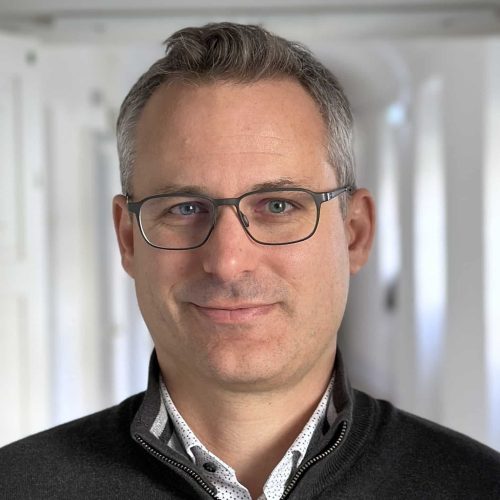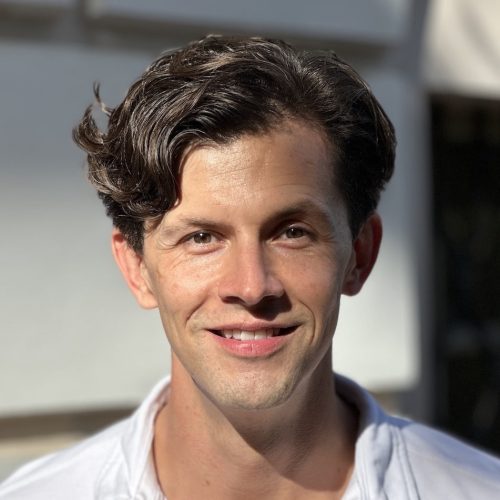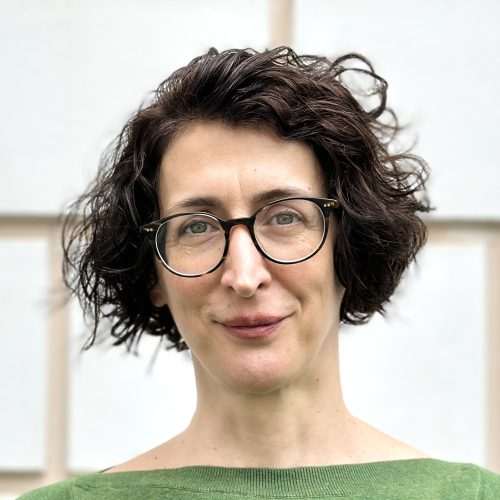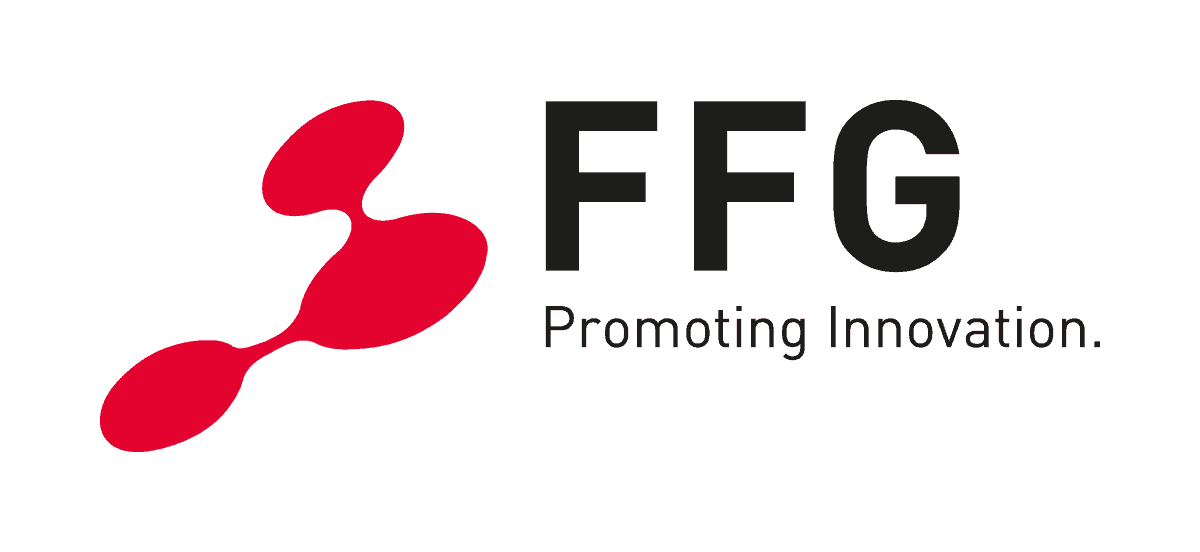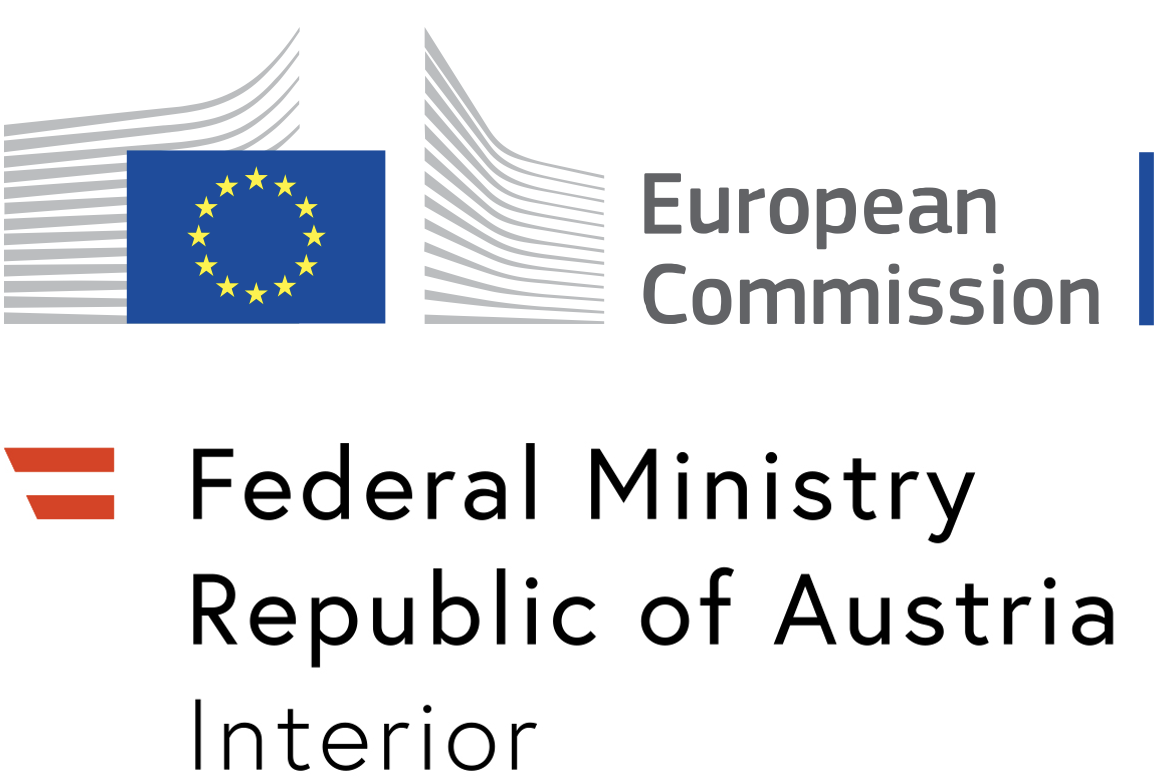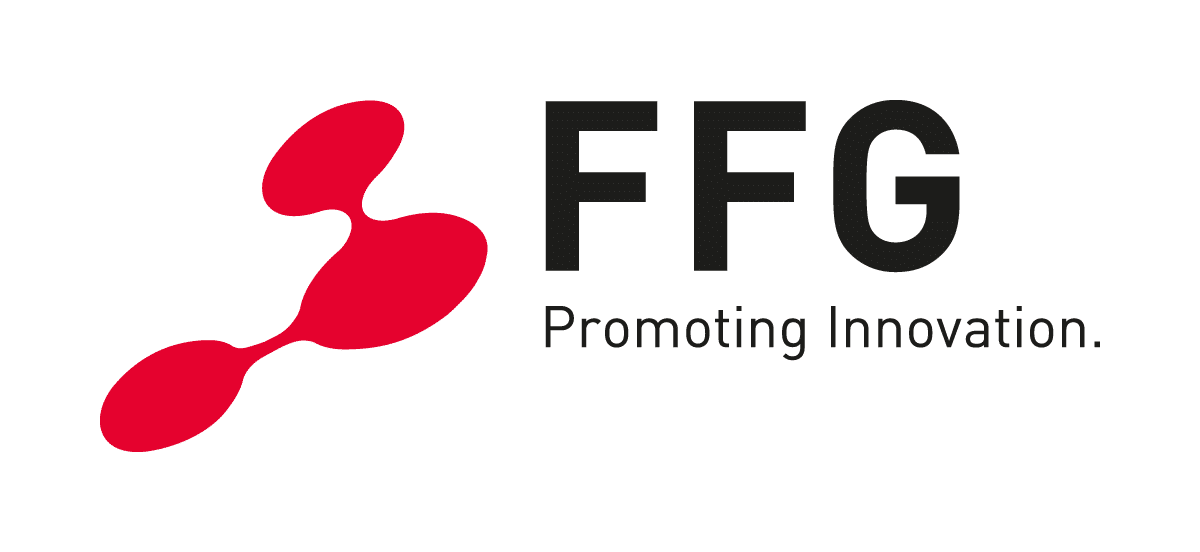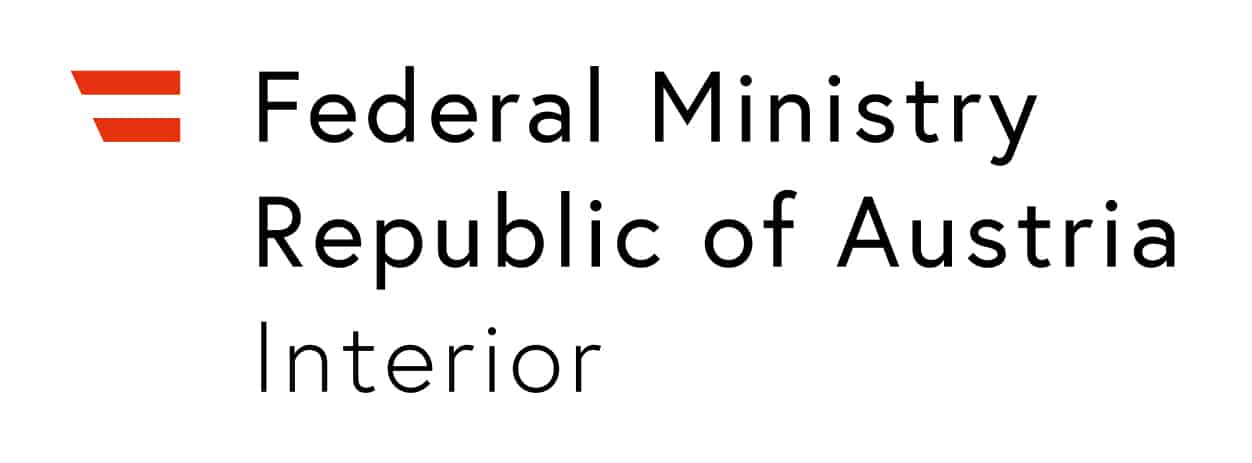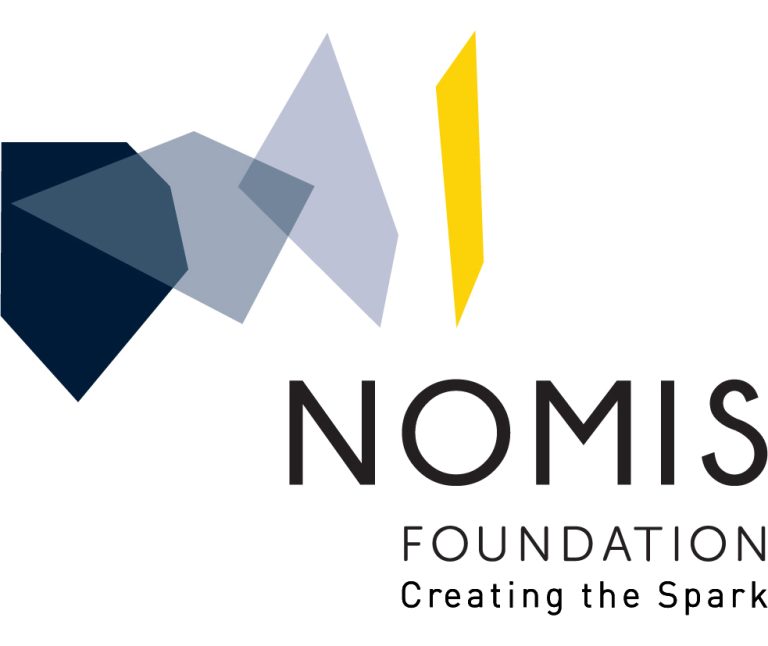How can we reduce the health risks associated with heat? And what factors contribute to the spread of online misinformation?
This month, five exciting research projects are starting at the Complexity Science Hub, aimed at finding data-driven solutions to the current challenges we face.
#1 HEATPROTECT
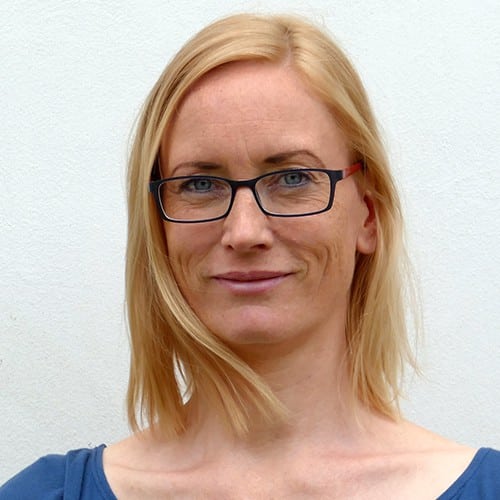
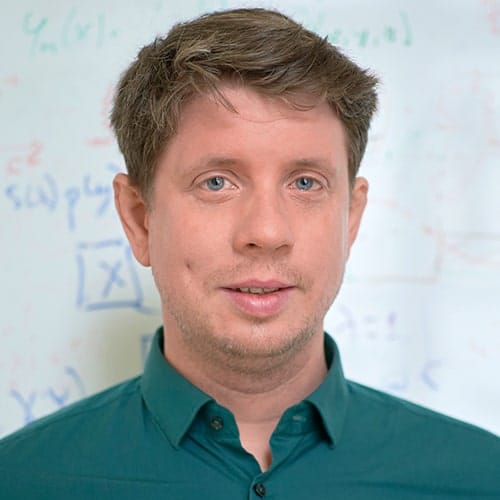
As climate change progresses, heatwaves are expected to increase. But how will this impact the population, and what does it mean for the healthcare system? Daniela Meier and Peter Klimek aim to quantify these effects to implement targeted and effective measures.
We have long known that rising temperatures lead to increased stress, bottlenecks, and potential overloading of the health and care system, manifested through elevated ambulance trips, hospital stays, care services, and interventions. However, we do not yet have an exact picture of the scale of these impacts, making it challenging to implement proactive measures to reduce the thermal load. Daniela Meier explains the motivation for this research project: ‘In our study, we are analyzing and quantifying the links between heatwaves and their impact on the healthcare system in Austria for the first time. Our goal is to develop short-term acute measures as well as medium to long-term strategies.’
Project partners: AIT Austrian Institute of Technology, UBIMET, Caritas, Medical University of Vienna, Johanniter, Austrian National Public Health Insitute (GÖG)
Funded by: The Austrian Research Promotion Agency (FFG)
#2 DESINFACT
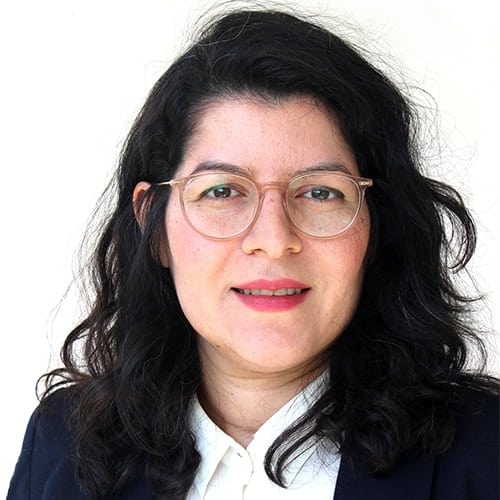
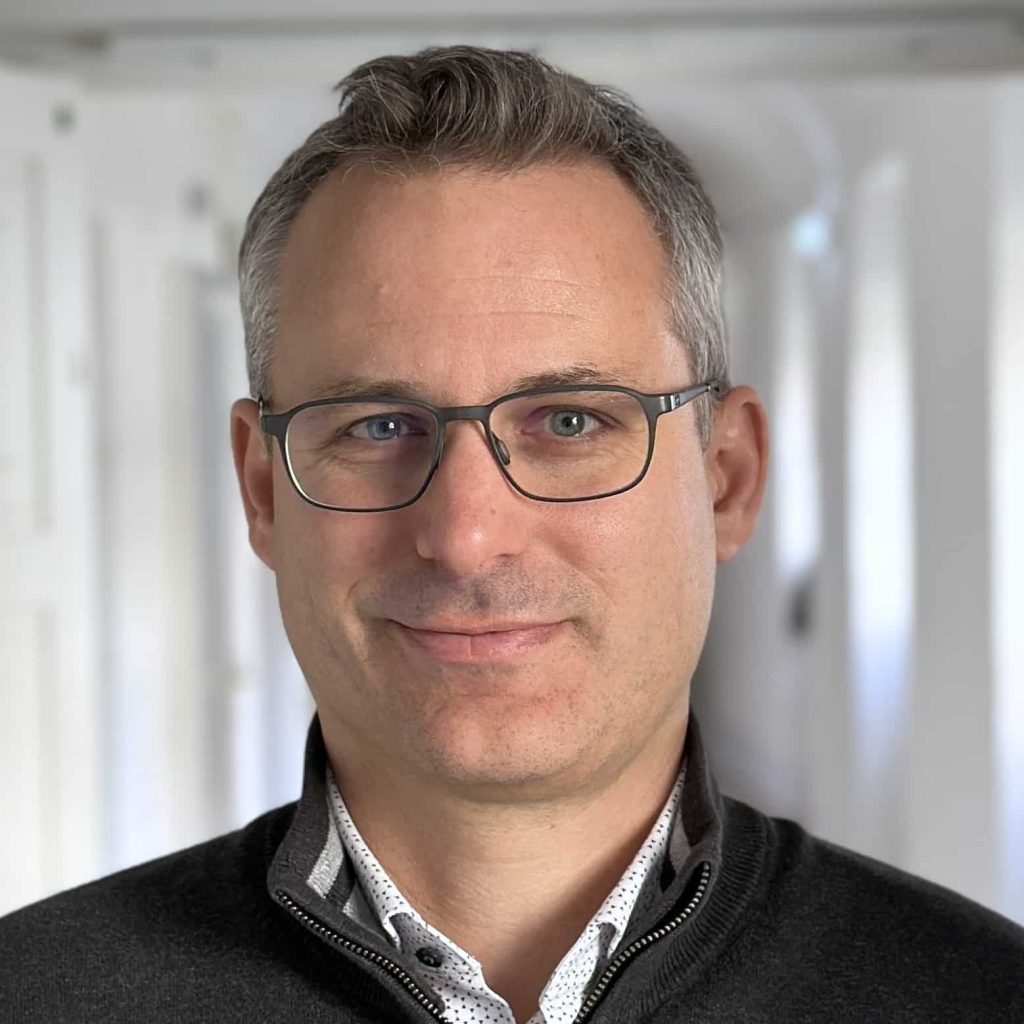
Why do some false pieces of information spread virally while others do not? And what impact does this have on different recipient groups? A team led by Fariba Karimi and Bernhard Haslhofer aims to find answers by exploring the network and propagation properties of complex disinformation campaigns.
Disinformation, in other words, factually incorrect information, not only shapes people’s perceptions but can also have negative effects on their living conditions. Consider the impact of disinformation during the pandemic or the war in Ukraine. Typically, the dissemination of disinformation begins with a smaller campaign initiated by a centrally or decentrally organized entity. Over time, it spreads through social networks or communication channels like email or messaging services. There is still a limited understanding of the specific characteristics that lead a campaign to achieve widespread reach and how this, in turn, affects its impact. This research project aims to change that.
Project partners: AIT Austrian Institute of Technology, Criminal Intelligence Service Austria (BKA), Federal Ministry of Defense, Leiwand.ai, University for Continuing Education Krems, X-net
Funded by: The Austrian Research Promotion Agency (FFG)
#3 SOCIETY MOVING
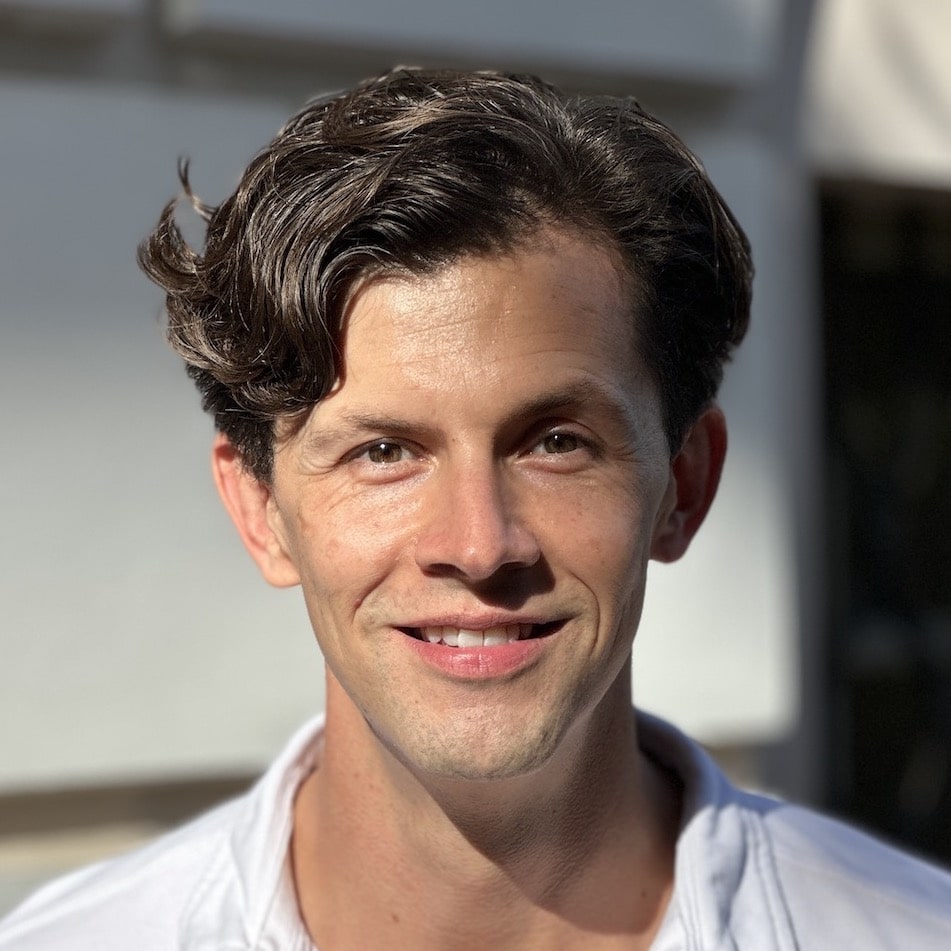
Job opportunities, a postgraduate degree, conflict, or disasters – people are constantly on the move, whether voluntarily or due to circumstances. In this project, a team led by Rafael Prieto-Curiel examines the complex dynamics of human migration and explores the forces that drive people to move, as well as the societal impacts of these movements.
Approximately 300 million people worldwide are international migrants. This vast flow of people has the potential to promote the exchange of knowledge and contribute to economic growth. However, poorly managed migration can cause significant suffering. To empower policymakers to make more informed and data-based decisions to promote migrant-friendly policies and address the challenges associated with this complex phenomenon, they need a comprehensive overview. Therefore, researchers led by Rafael Prieto-Curiel are building a large, multidimensional, long-term dataset to model and quantify the demographic changes caused by a migrating population.
Further information: https://societymoving.com/
#4 THE SOCIOSCOPE
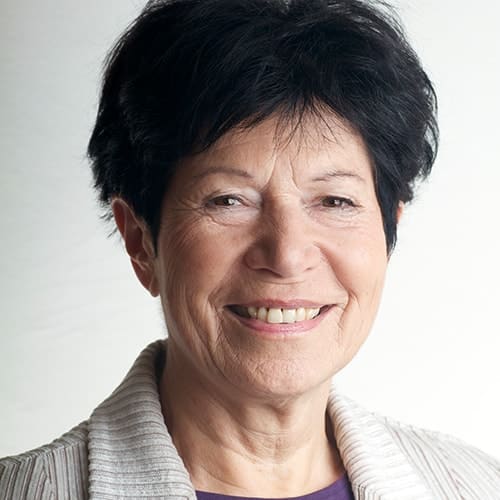
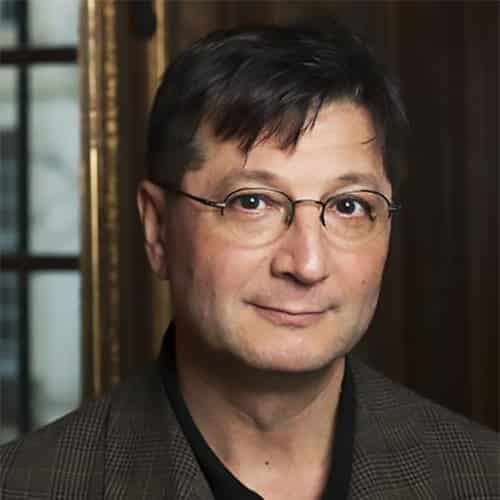
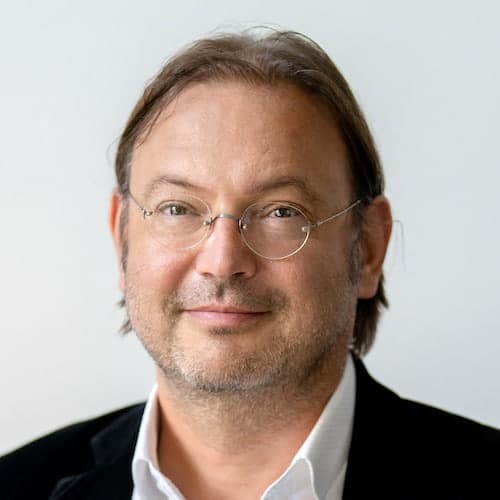
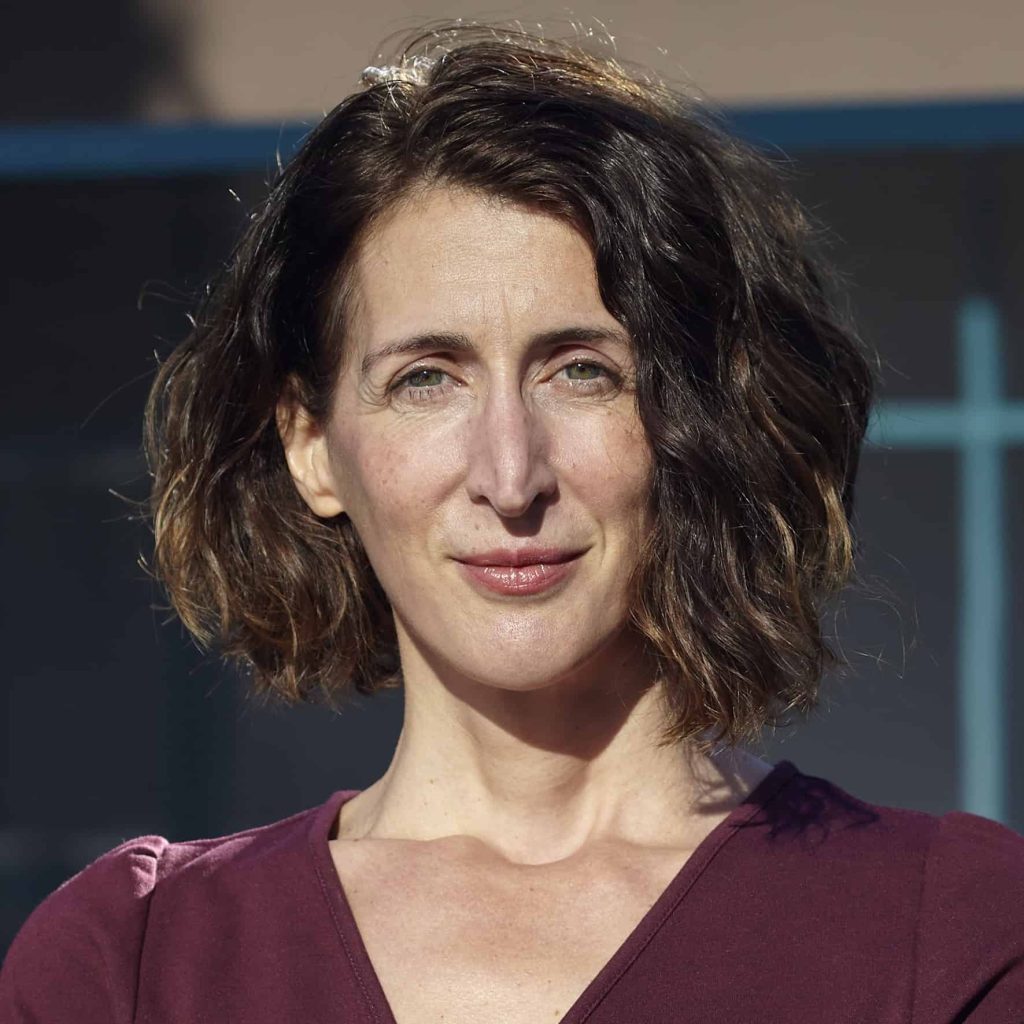
How can local initiatives bring about systemic change? In the Socioscope project, a research team led by Helga Nowotny and Saadi Lahlou aims to understand societal transformation by developing a pioneering methodology. This methodology is based on local initiatives toward greater sustainability in food production, transportation, and consumption as a model organism.
The mechanisms underlying societal transition and transformation processes, a crucial concern globally, are still among the least understood topics in the social sciences. This stems from a major weakness compared to life sciences or physics: a lack of methodologies and instruments for robust systemic analysis. The Socioscope project aims to change this.
For this endeavor, the researchers use the domain of food as a kind of model organism. They collect high-quality data on local food initiatives from across continents and follow how they are embedded in the wider context, thus forming a bridge between the societal micro level and the macro level. Their goal is to discern patterns and social mechanisms within the collected data, working towards a theory of social change. This will not only provide detailed insights into transitional processes in the context of food but also open the path to analyzing societal transitions in other domains through the generalizability of their approach.
Funded by: NOMIS Foundation (learn more)
#5 DATA/CULTURE
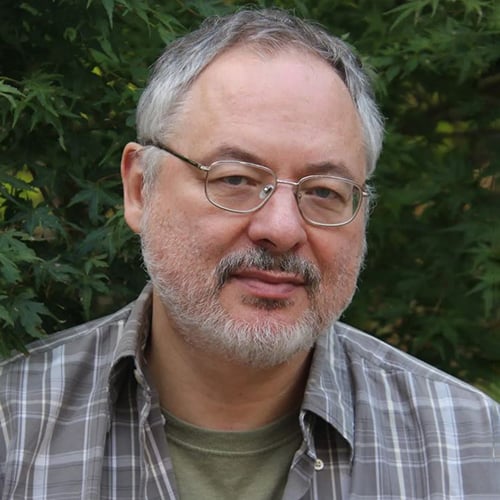
How can we navigate the challenges posed by current crises? A pivotal approach lies in gleaning insights from historical data. For this reason, a team of researchers led by Peter Turchin is compiling information within the extensive Seshat Global History Databank. In a new project, a collaboration with the Turing Institute, the team is now developing tools that will facilitate the handling of this substantial dataset.
We find ourselves in the era of data. For scientists and other experts to make good use of this data, tools need to be developed to interact, query, and contribute more effectively to the vast wealth of information. The project “Data/Culture: Building sustainable communities around Arts and Humanities datasets and software” aims to address this need. During the pilot phase, the project will focus on the Seshat Global History Databank, co-founded by CSH researcher Peter Turchin in 2011. In this database, researchers systematically collect data on the social and political organization of human societies throughout history. The Data/Culture project’s goal is to develop the necessary infrastructure to support open outputs and the continued use of these datasets over the long term. Then, this sustainable architecture will expand to encompass diverse datasets across various fields.
Data/Culture is a collaborative project endowed with 1.6 million euros, involving the Alan Turing Institute, Queen Mary University London, Lancaster University, and the Complexity Science Hub. It is funded by the Arts and Humanities Research Council (AHRC), a part of UK Research and Innovation (UKRI).

